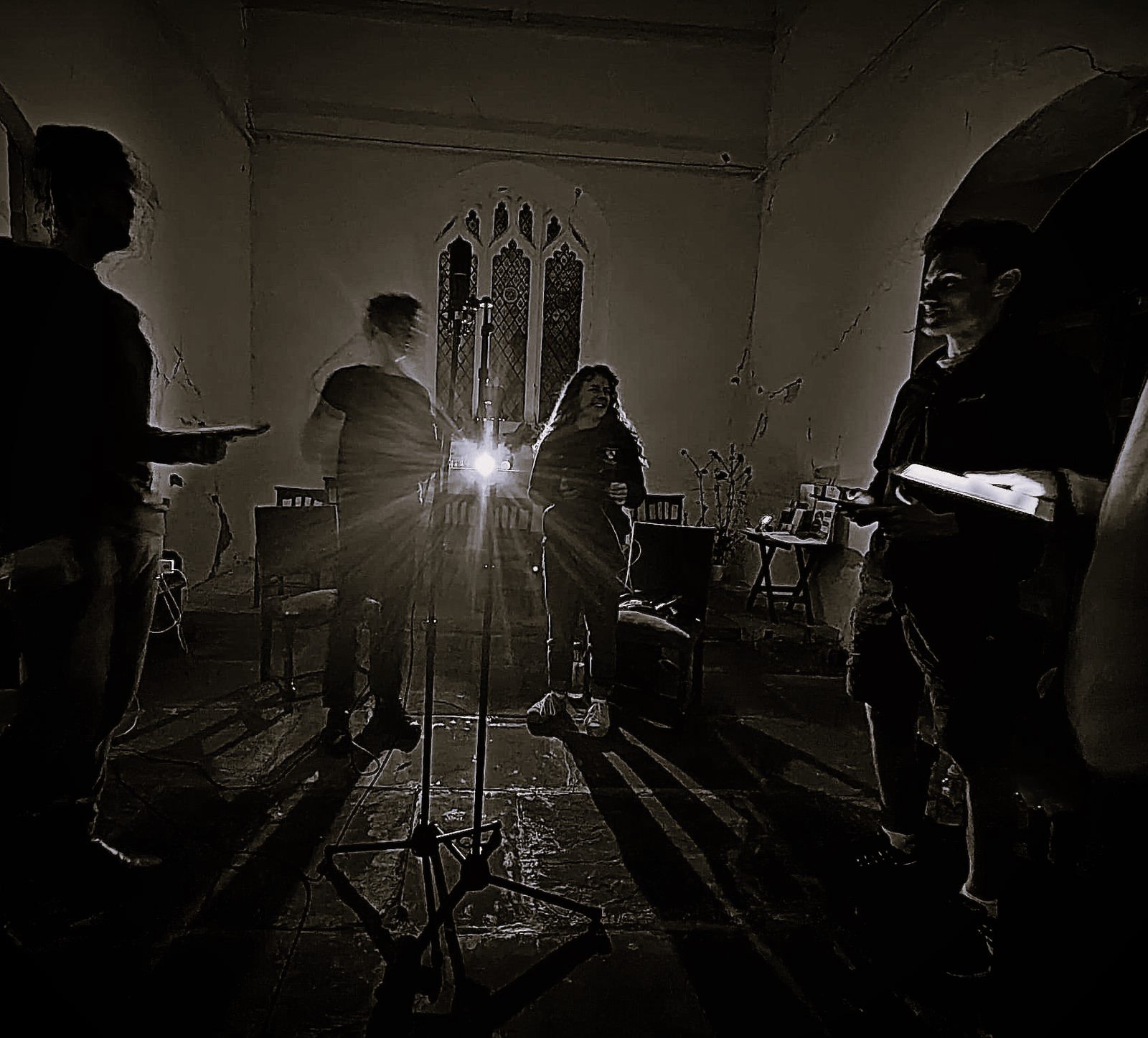
MR. ALFONSO
It is highly unusual that a composer remains neglected within scholarship and performance even following the publication of a complete opera omnia, and yet this is the exact case of Alfonso Ferrabosco I (1543-1588) almost 40 years on from such a publication. The reasons for such neglect often stem from a lack of identifiable cultural identity; composers who spend substantive periods outside of their country of birth are not easily geographically categorised, and present less of an obvious target for further research and subsequent performance. But does this lack of scholarly momentum on a minor composer present an issue? And if so, how might we address this?
A new Early Music research and development lab at the University of Cambridge believes that wider contextual thinking across the genre – including performative inclusion – is the key to unlocking new strands and future avenues of research. The first findings of this new methodology are here presented as a complete redefinition of Ferrabosco’s madrigal output. The two known published madrigal books of 1587 (both for five voices) represent just 30% of the madrigals penned by Ferrabosco. This redefinition examines the entire corpus, and as such forms the first part of a larger study on Ferrabosco’s oeuvre as a whole.

